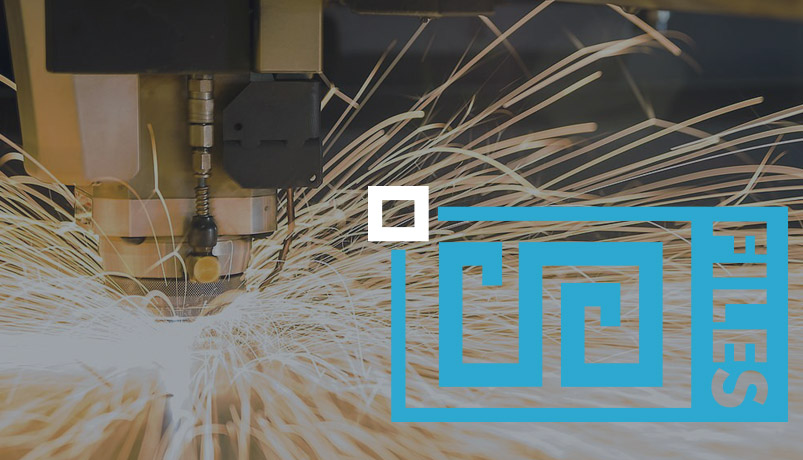CNC DESIGN
What is CNC Machining
CNC machining is essential to the developing field of contemporary manufacturing. But what precisely is CNC? What does a CNC machinist do, and how does it relate to the manufacturing sector? What’s more, how can aspiring CNC machinists in today’s market successfully train for and acquire a career in CNC machining ?
What is CNC ?
Computerized Numerical Control is referred to as CNC. The production equipment is moved by pre-programmed software and code in this computerized manufacturing process. The use of complicated machinery such as grinders, lathes, and turning mills to cut, shape, and produce various components and prototypes is controlled by CNC machining. Every day, CNC machinists use a combination of mathematical concepts, technical drawings, mechanical design, and computer programming to create a range of metal and plastic parts. A sheet of metal can be transformed into a crucial vehicle or airplane part by CNC operators.
What is a CNC Machine ?
Automated machines, known as computer numerical control (CNC) machines, are run by computers that carry out pre-programmed command sequences. The “old-school” devices that are manually operated by hand wheels or levers, or mechanically automated by cams alone, are basically CNC machines. Modern CNC machines can comprehend and operate using a language for CNC machining, known as G-code, which provides them with accurate production measurements including feed rate, speed, position, and synchronization.
Contrary to the outdated, hazardous factory machinery you could recall from before, today’s design and mechanical components for CNC systems are highly automated. Computer-aided design (CAD) and computer-aided manufacturing (CAM) software are used to specify the mechanical dimensions of the parts and convert those definitions into manufacturing instructions. As a result, the industry needs skilled CNC machinists and programmers to run this cutting-edge equipment.
The Importance of CNC Machining
Leading manufacturers of essential industry items, including jet engines, helicopters, and submarines, are located in Connecticut. And the days of grim factory life are over thanks to recent technological developments. Today’s workers utilize their machining abilities in a tidy, professional environment with cutting-edge technology.
Getting Going
Careers as CNC operators offer a hands-on, constantly evolving, rewarding environment.
By assisting in the production of a wide range of manufactured goods with the correct CNC machining training, machinists and operators contribute significantly to Connecticut’s thriving manufacturing sector and overall economy. Skilled CNC machinists follow a product from the beginning of its conceptualization through design, coding, and finally to the finished product. In this approach, CNC machining is more than just a regular manufacturing job; it offers innovators who enjoy seeing the progression of their ideas a practical and worthwhile professional path.
What is it like to be a CNC Machinist ?
Regular tasks for CNC operators could include:
The ability to read blueprints, sketches, or CAD/CAM files, assemble, put into operation, and disassemble manual, automated, and CNC machine tools.
fastening, adjusting, and lining up cutting implements and workpieces, checking the machines’ feed and speed.
machine items by turning, milling, drilling, shaping, and grinding to specifications.
measuring, inspecting, and testing finished goods for flaws, sanding down the surfaces of components or goods.
presenting finished products to clients and making adjustments as necessary.

